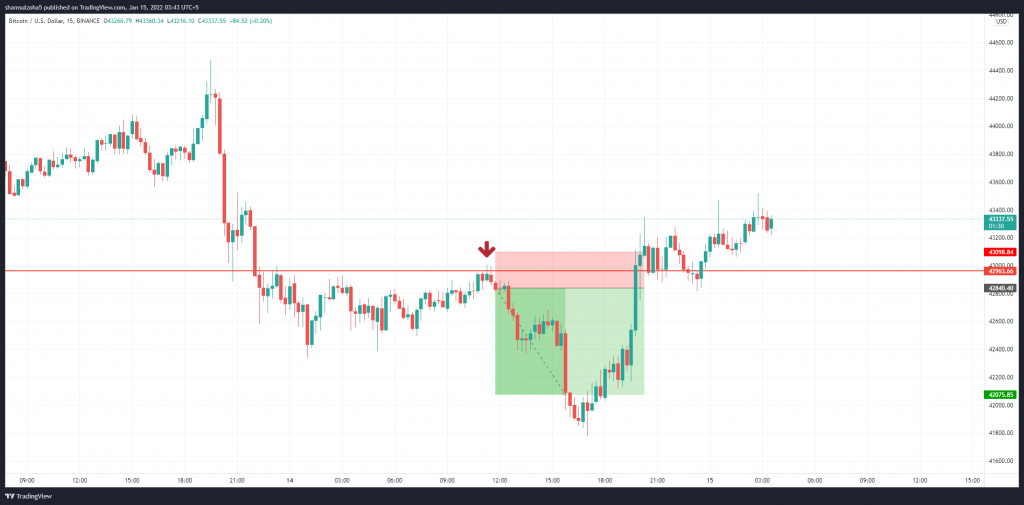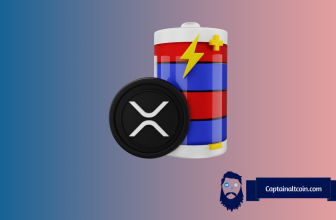
What you'll learn 👉
Introduction
The Bitcoin boom is hitting the global markets in full swing. With recent highs in 2021, many traders have opted to invest in the coin and include it within their portfolio for diversification purposes.
The cryptocurrency was first available in the market when Satoshi Nakamoto published a paper back in 2009. The supply of total coins was limited to 21 million, so the demand remains high. The digital asset is traded similarly to other financial instruments such as forex and stocks. Traders can speculate it on both the long and short directions and earn profit or loss both ways.
Getting in with the bulls and bears in 2022 requires a proper understanding of the financial asset. Our article will cover all the major characteristics of the digital asset so that traders can understand the working phenomenon of cryptocurrency.
Important Characteristics of Bitcoin
Bitcoin trading has good volatility and volume and is listed on most major cryptocurrency exchanges.
Understanding Blockchain
Blockchain is responsible for keeping all the transactions occurring in Bitcoin safely and securely. They are linked in a connected peer-to-peer network, and the record book makes it impossible for anyone to cheat the system.
Volatility and Volume
As mentioned before, the volatility and liquidity are substantial in Bitcoin, allowing investors various opportunities to earn money. While the increasing price movements may pose a threat for beginners keeping the leverage low or demo trading can help manage risk.
Trading Costs
Bitcoin trading costs are in the form of transactions or maker and taker fees. CFD brokers may also charge through commissions or spread. The prices may differ from one broker to another substantially.
Mining Bitcoin
Mining cryptocurrencies is one of the well-known methods to generate passive income. Mining involves solving a block of the complex puzzle in the cryptocurrency ledger using your computer hardware such as GPU. The system then rewards the investor in the form of coins.
Traders set up huge mining farms and rigs to mine Bitcoin and other cryptos. As the competition is high, the mining difficulty can arise. It is vital to calculate the electricity costs and the profitability before investing in any rig.
Cryptocurrency Wallet
Bitcoin wallets can be used to send and receive cryptocurrencies from one user to another. A respective key protects each wallet that only the owner knows of.
Bitcoin Trading Strategies
Traders use several strategies involving indicators and technical analysis to trade Bitcoin. Certain news can also hugely affect the cryptocurrency’s price. Let us discuss some of the few game plans used to trade the digital asset in general.
- Grid. Averaging strategies involve buying or selling the cryptocurrency gradually after certain price intervals. The plan comes into action when your initial trade goes into a loss. As the asset returns to the initial entry, traders can then close out their positions for profit. Grid trading is considered risky by some investors due to added floating loss.
- Technical analysis. Support/resistance levels, supply/demand zones, Fibonacci intervals, and trend lines hold their truth when it comes to chart analysis.

Image 1. A trader uses support and resistance levels for analyzing the Bitcoin chart in a 15-minute time frame. He plots the line for a possible shorting opportunity for a risk-reward of 1:2. The stop loss is just above the line, whereas the profit is below the previous support.
- Bots. Cryptocurrency bots are famous for trading the currency on auto mode. Many algorithms are available for free or at a fixed price for trading the coin. Arbitrage and high-frequency robots trade the market on auto mode and are a major interest of many.





